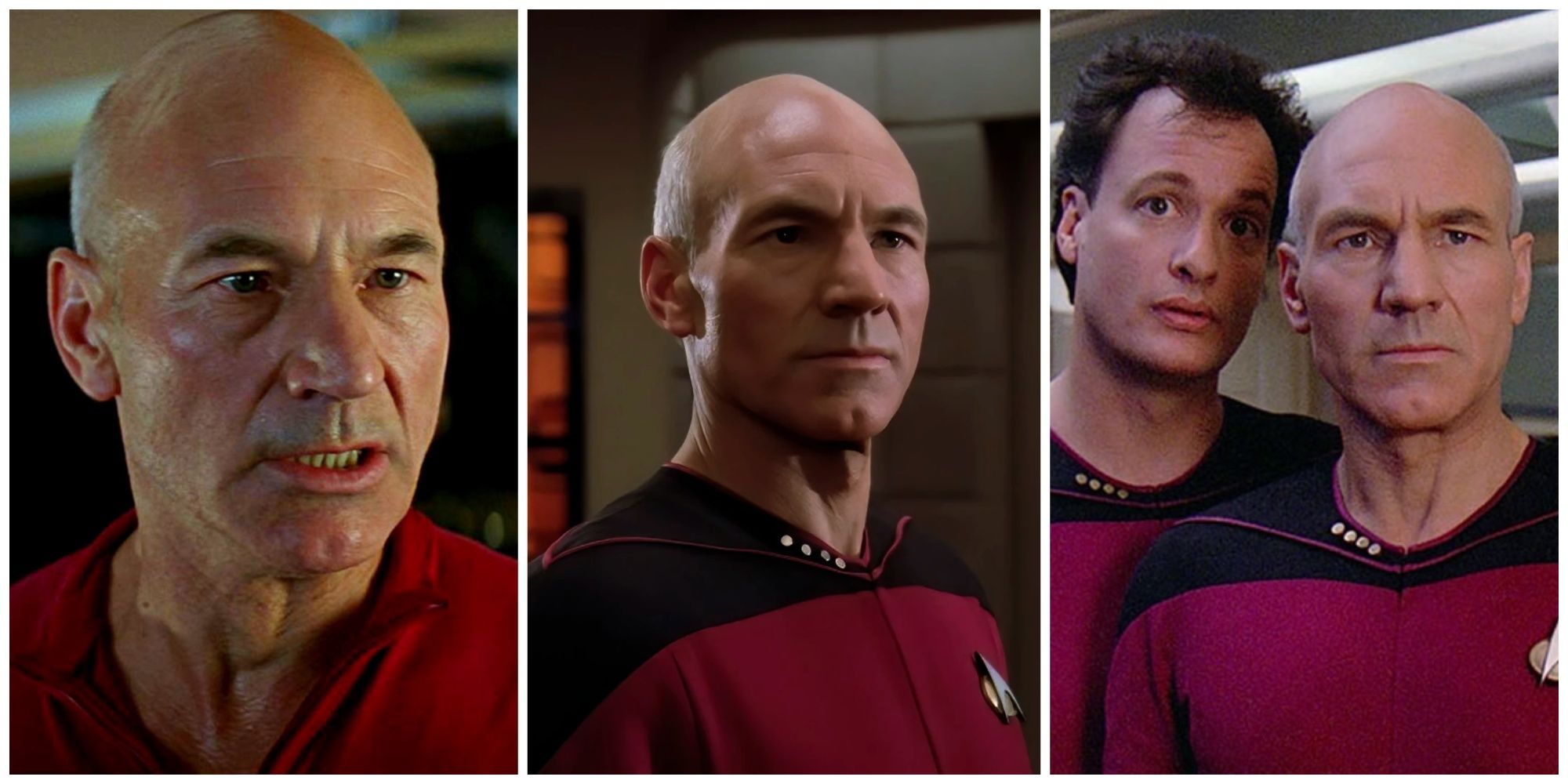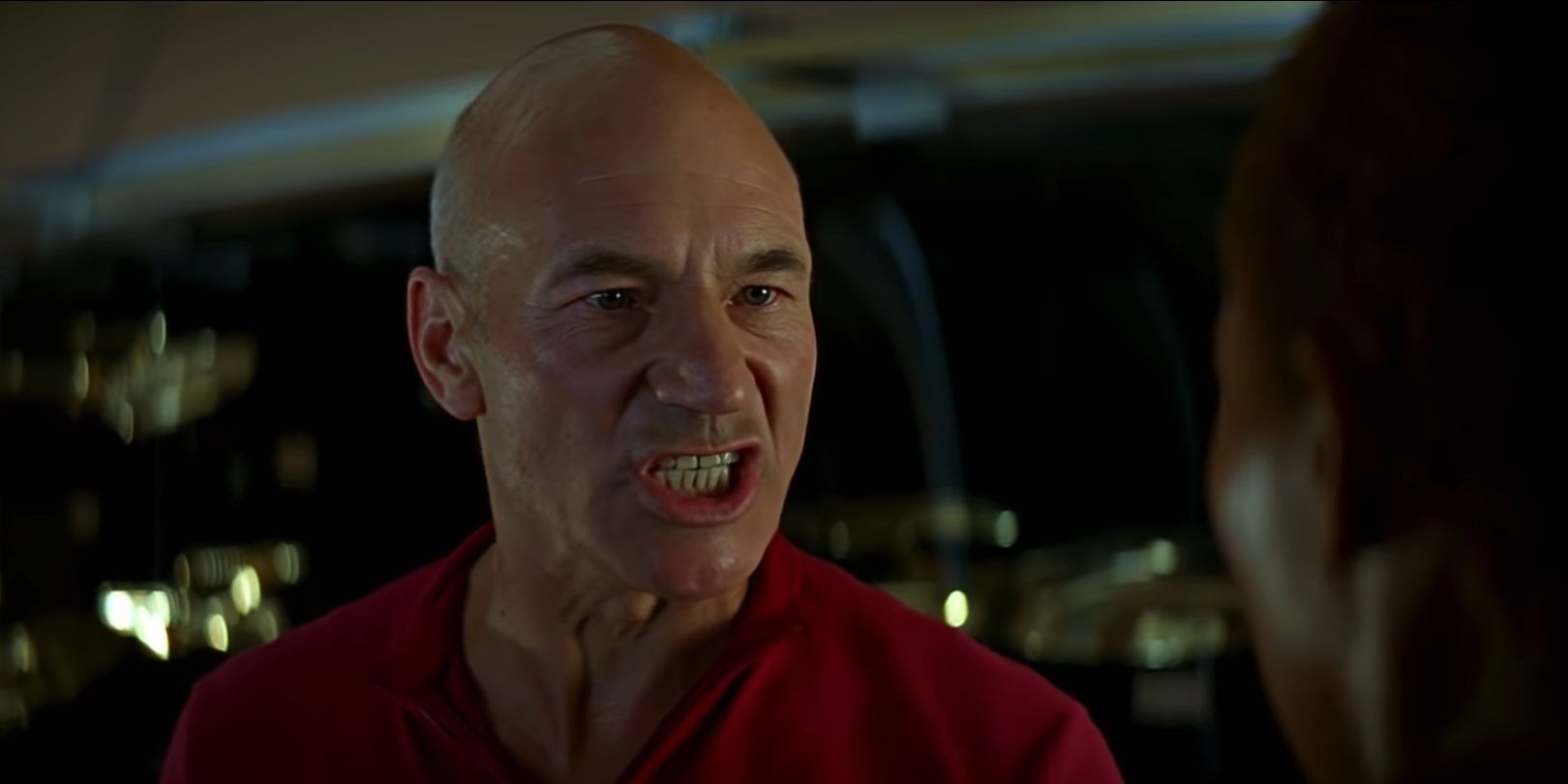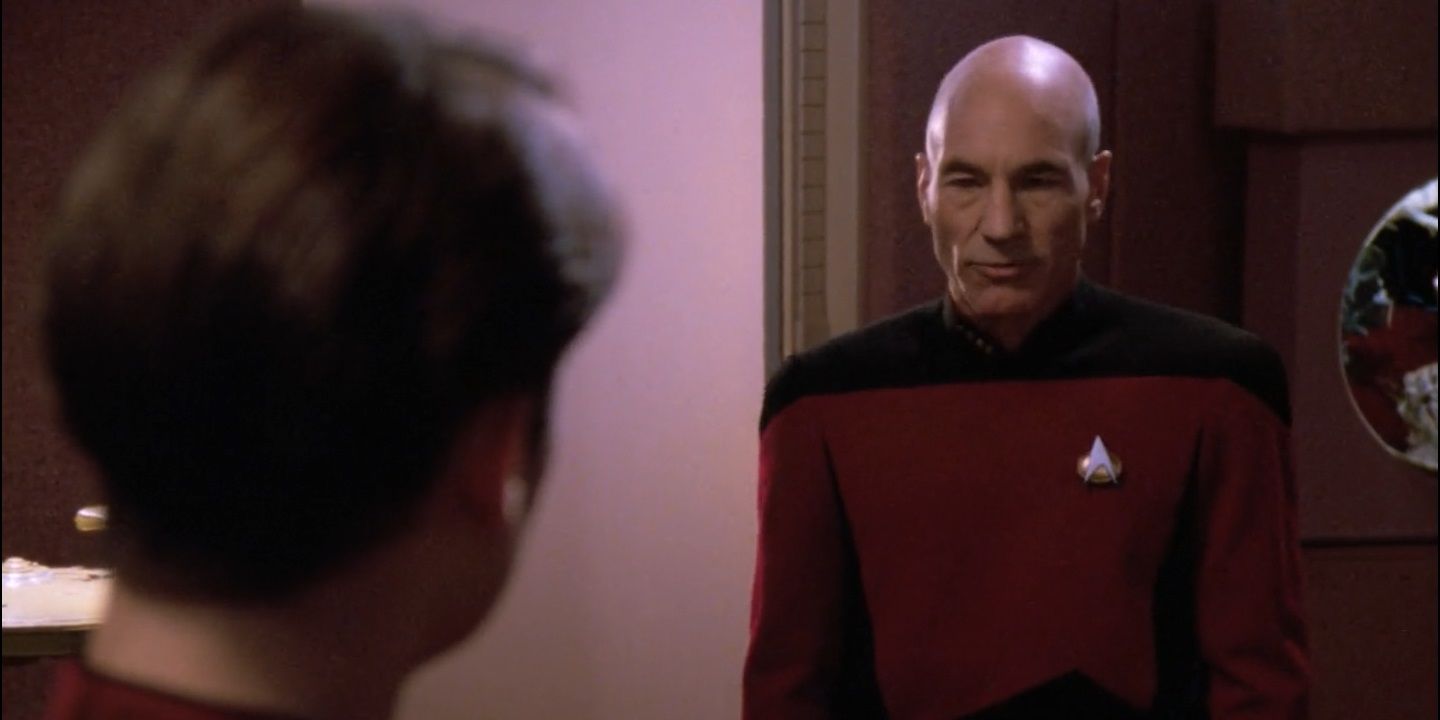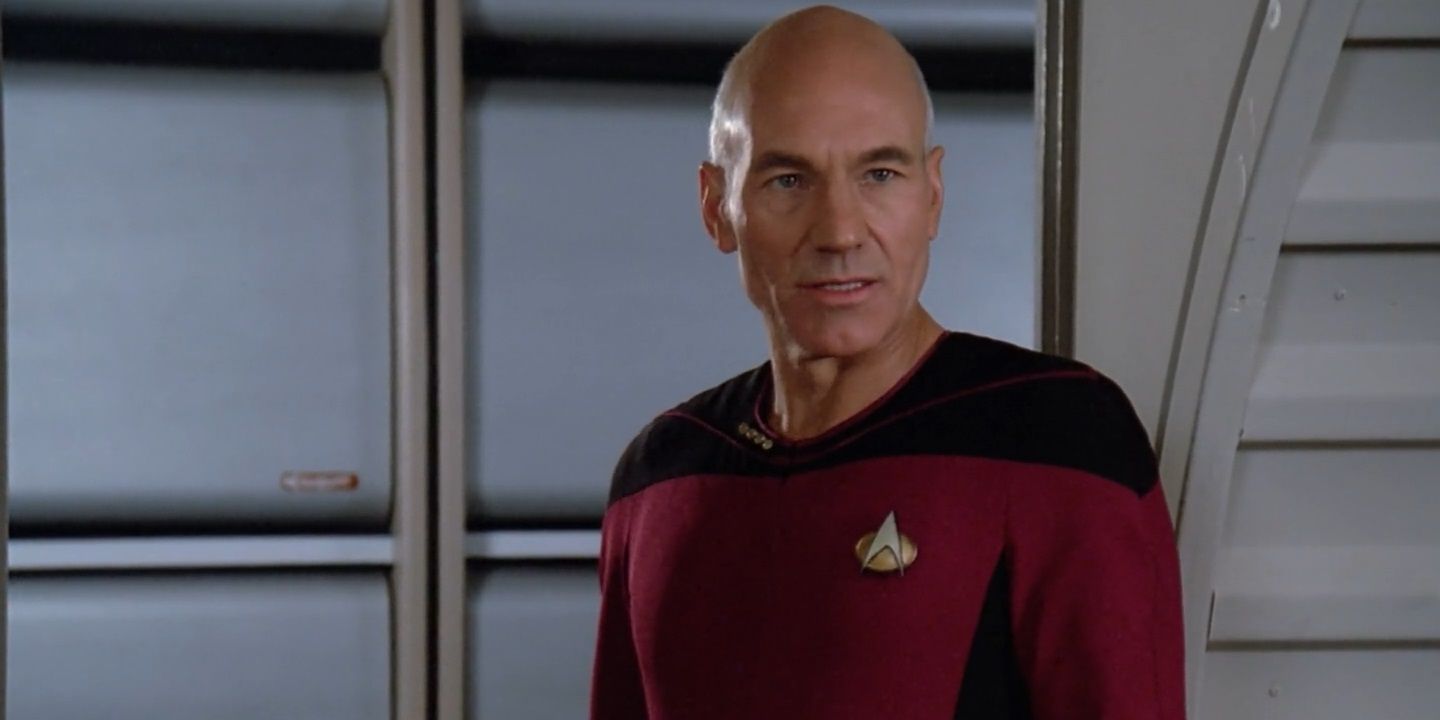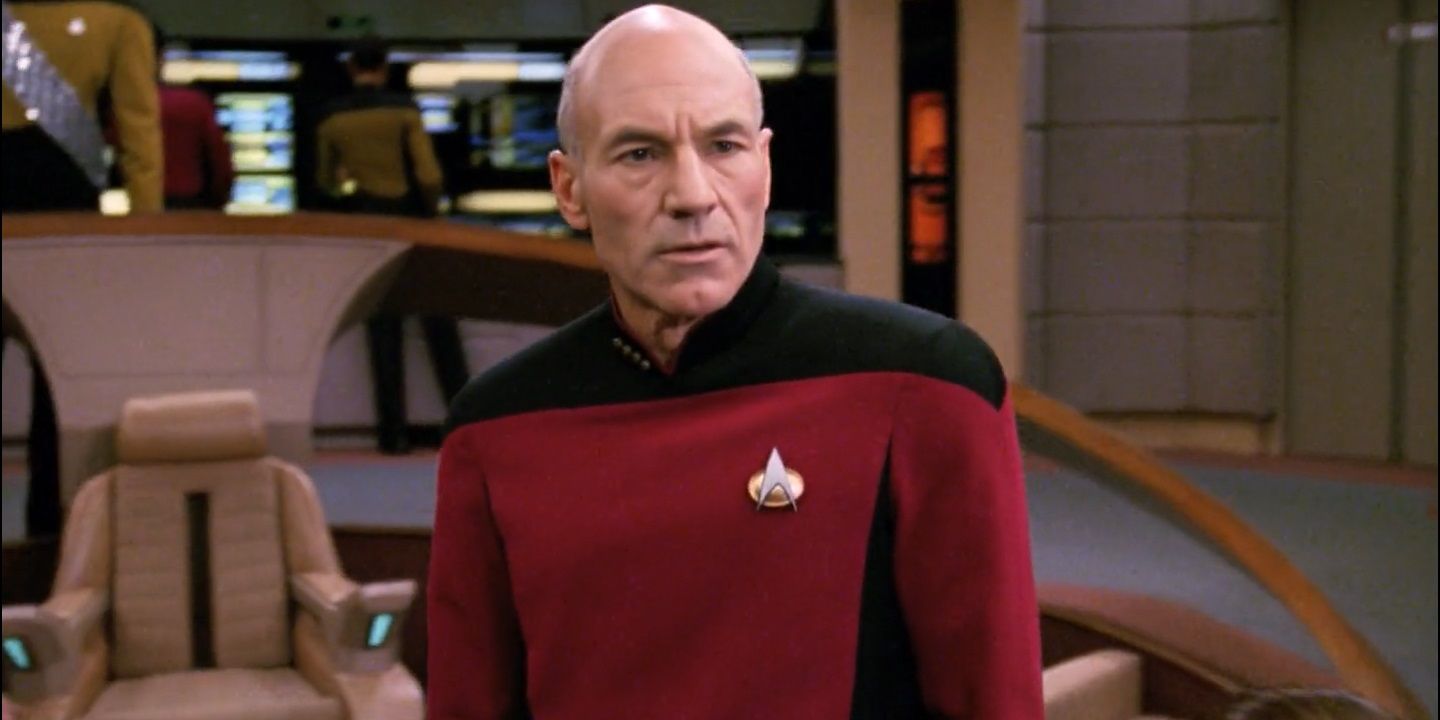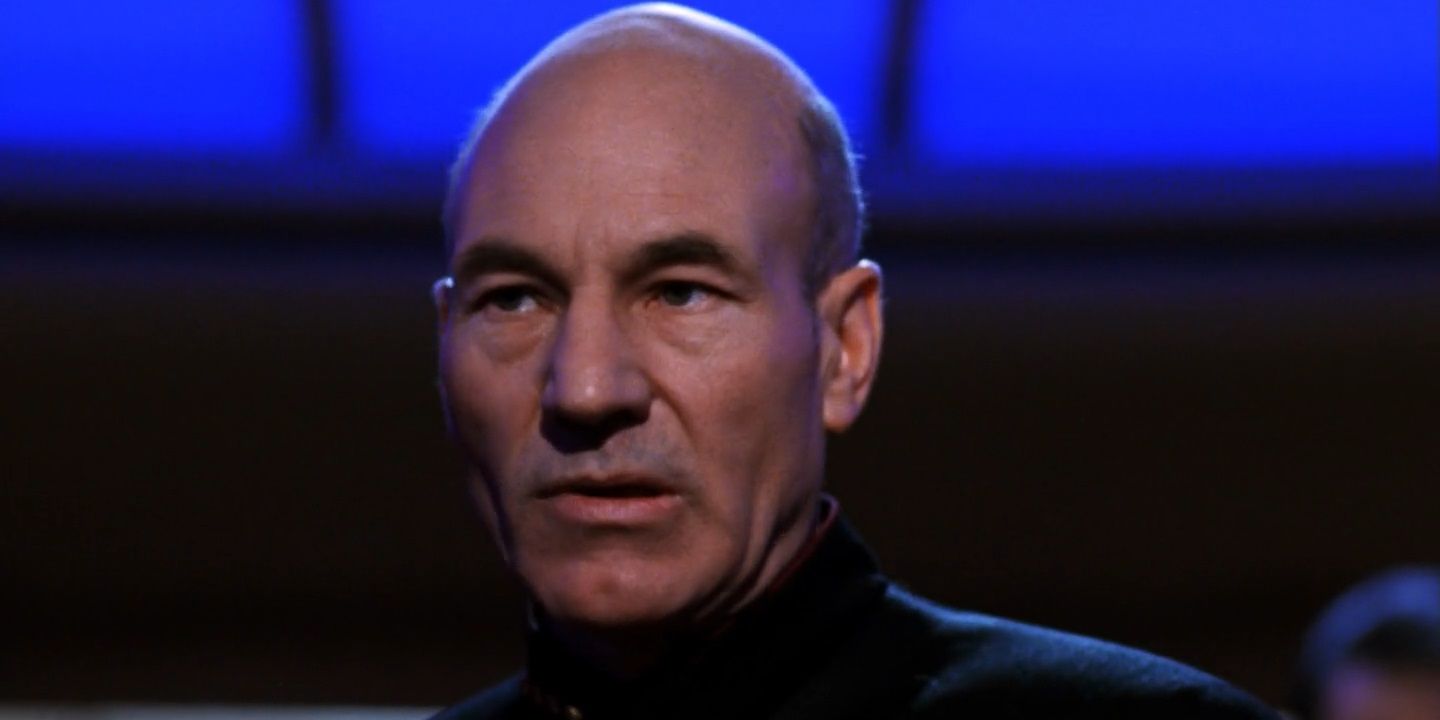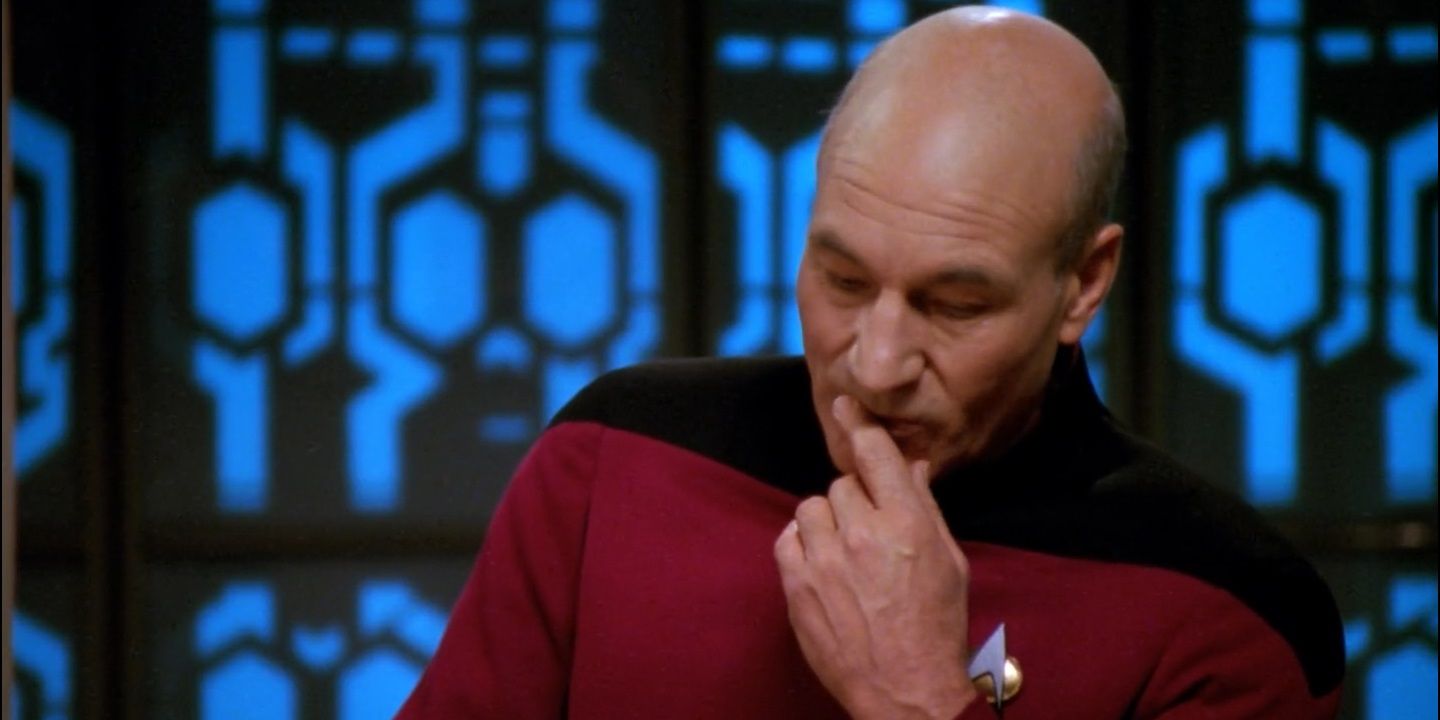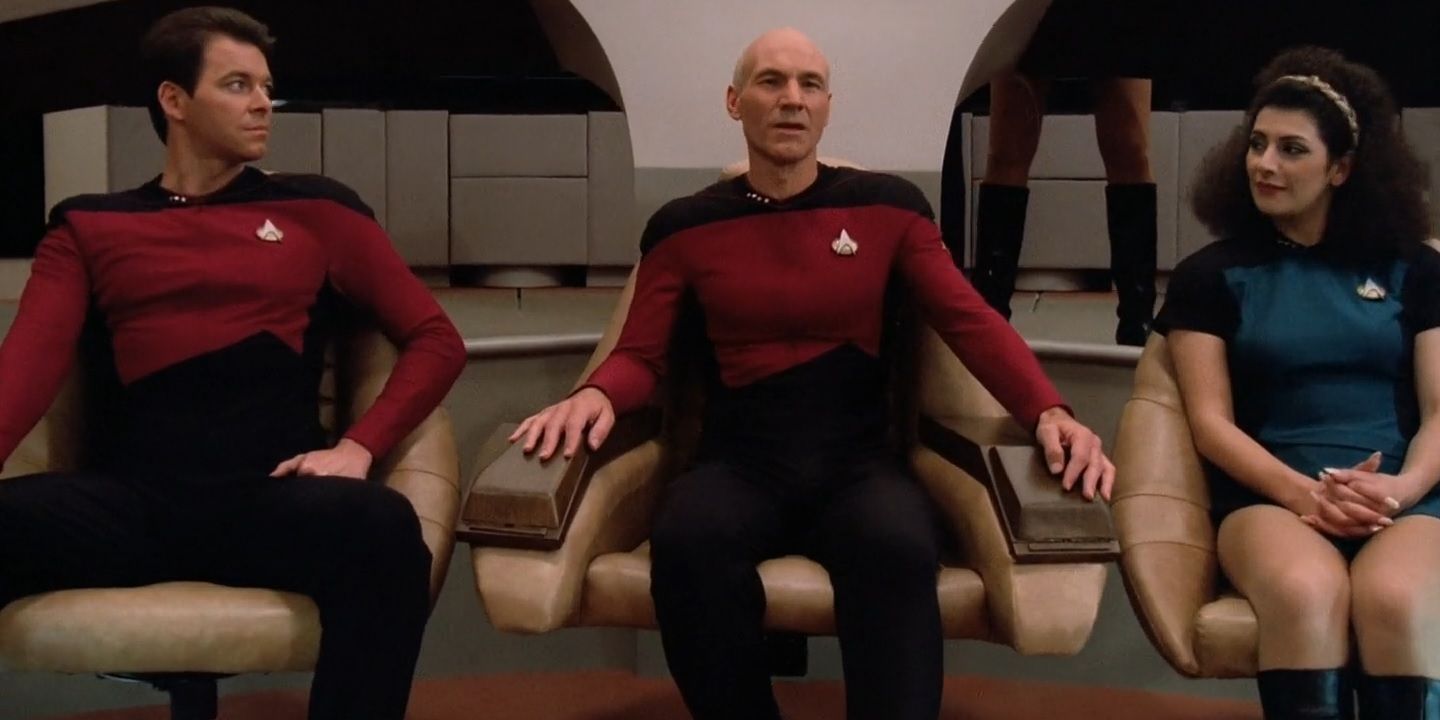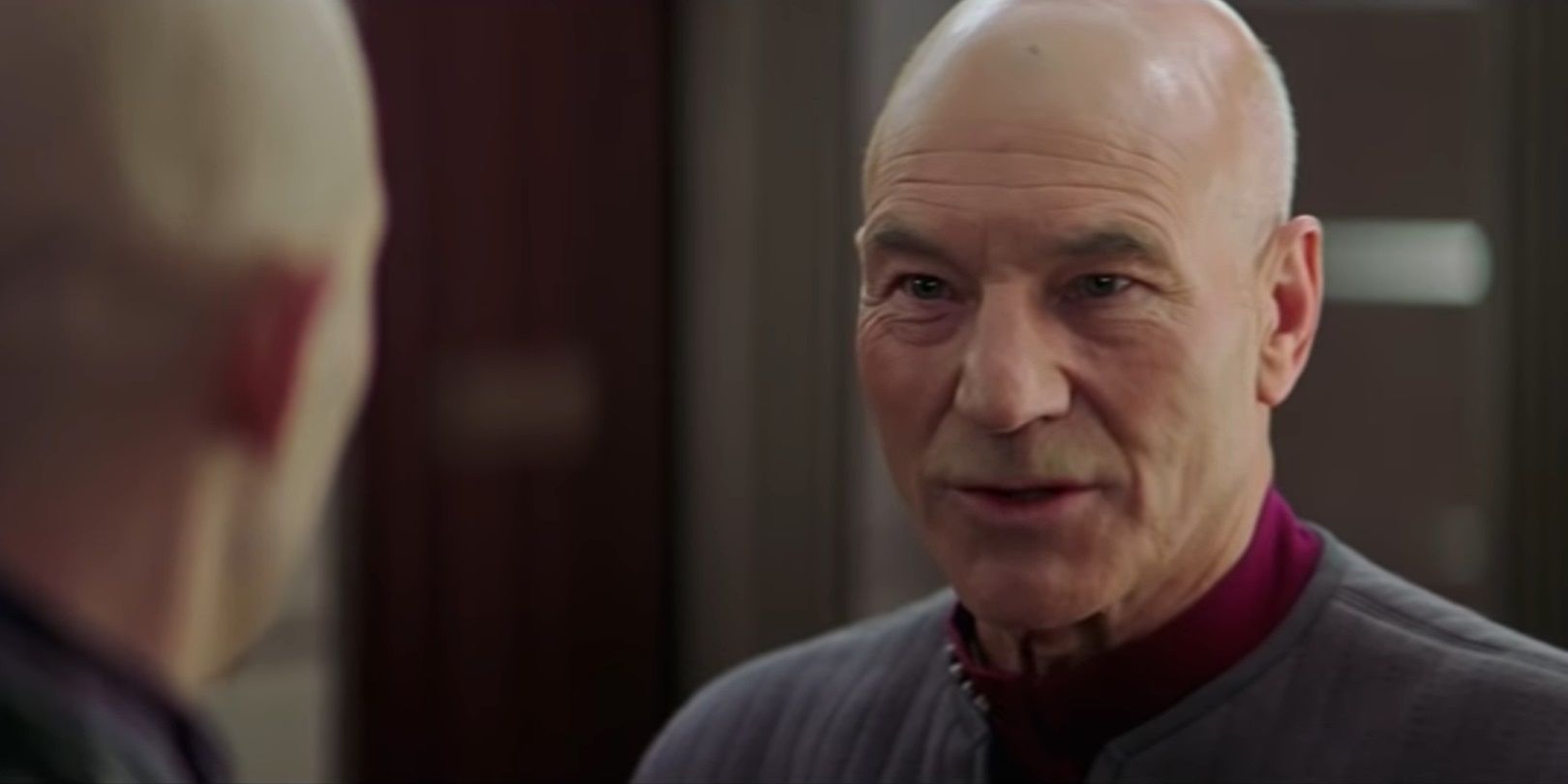Highlights
- Captain Picard's iconic speeches have made him one of Star Trek's most legendary characters, showcasing his theatrical flair and moral compass.
- Picard's speeches in The Next Generation, such as his famous lines about drawing the line with the Borg, have become iconic and trendsetting moments in Star Trek.
- From inspiring his crew to face their insecurities to reminding the Federation of its founding principles, Picard's speeches empower and guide others, even in the most challenging times.
Captain Picard is one of Star Trek's most famous characters, and the only one to spawn an eponymous spin-off series. However, despite the recency of Star Trek: Picard, the character is best known for appearing in The Next Generation. The series was followed by four feature films.
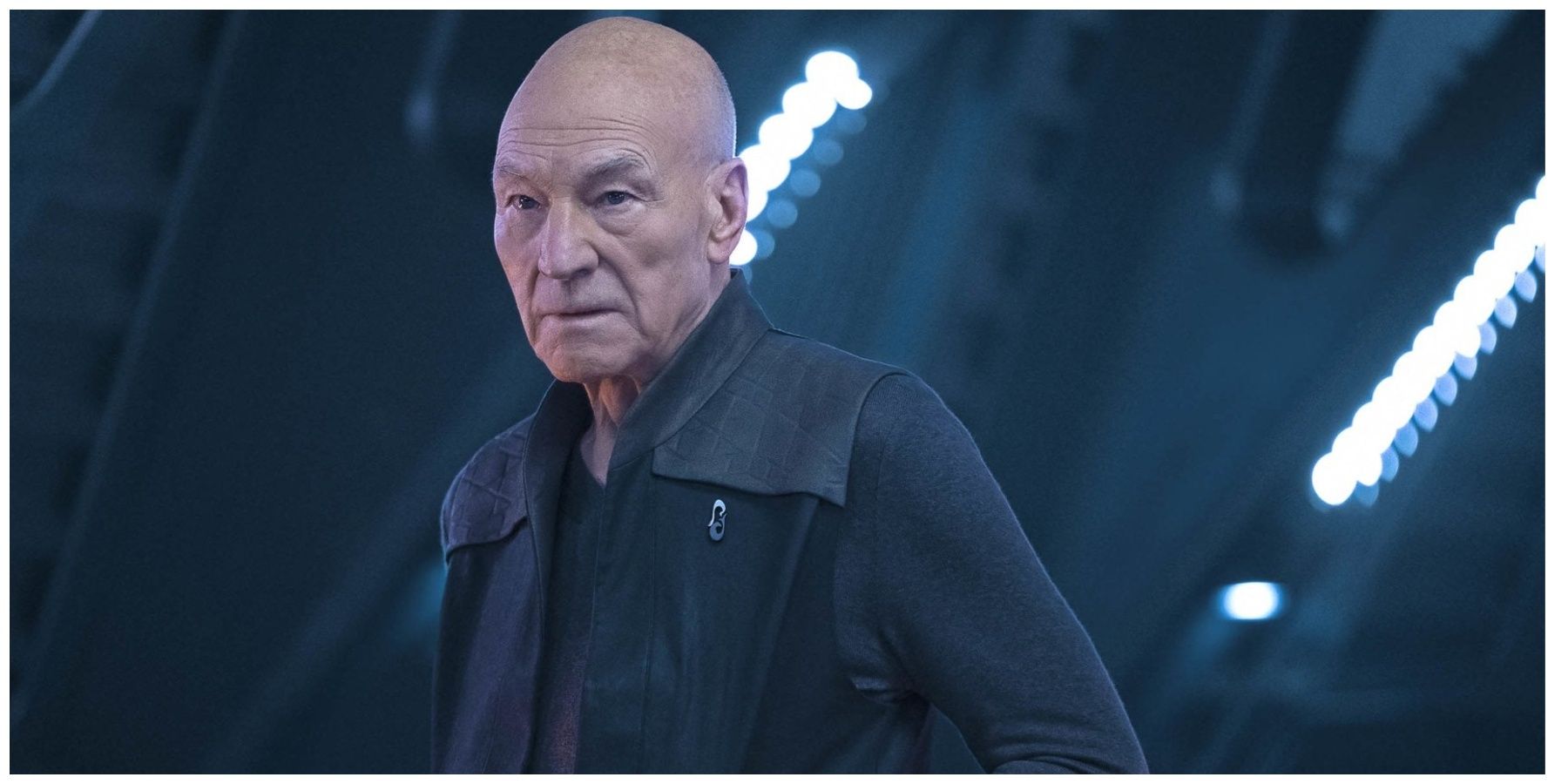
Star Trek: Picard's Synthetic Body, Explained
Is Picard even a real person in the last two seasons of his Star Trek series?
While much of TNG's success can be attributed to the way that it updated the classic Star Trek formula for a new era, it also benefited from Patrick Stewart's performance. Stewart brings a theatrical flourish to Picard, so it's no surprise that he also delivers some of The Next Generation's most famous speeches.
1 "The line must be drawn, here and no further."
Star Trek: First Contact
- "I will not sacrifice the Enterprise. We've made too many compromises already; too many retreats. They invade our space and we fall back. They assimilate entire worlds and we fall back. Not again. The line must be drawn, here and no further. This far, no further."
Star Trek: First Contact balances Picard's Borg-related trauma with an action-packed battle against the Collective. The Enterprise must travel back in time to prevent the Borg from changing history, but Picard struggles to handle the threat.
Picard's monologue about the unstoppable Borg was mocked both by director Jonathan Frakes and elsewhere in the Star Trek canon: Quark, the Ferengi star of Deep Space Nine, delivers a similarly worded rant about the state of the Ferengi Alliance. Picard's First Contact speech is not just iconic—it's a trendsetter.
2 "The first duty of every Starfleet officer is to the truth."
"The First Duty" (Season 5, Episode 19)
- "The first duty of every Starfleet officer is to the truth, whether it's scientific truth or historical truth or personal truth! It's the guiding principle on which Starfleet is based. And if you can't find it within yourself to stand up and tell the truth about what happened, you don't deserve to wear that uniform."
Fans remain divided on the merits of Wesley Crusher, but few deny that the character was put to good use in "The First Duty." Wesley helps to cover up an accident, but it isn't long until Picard learns the truth.
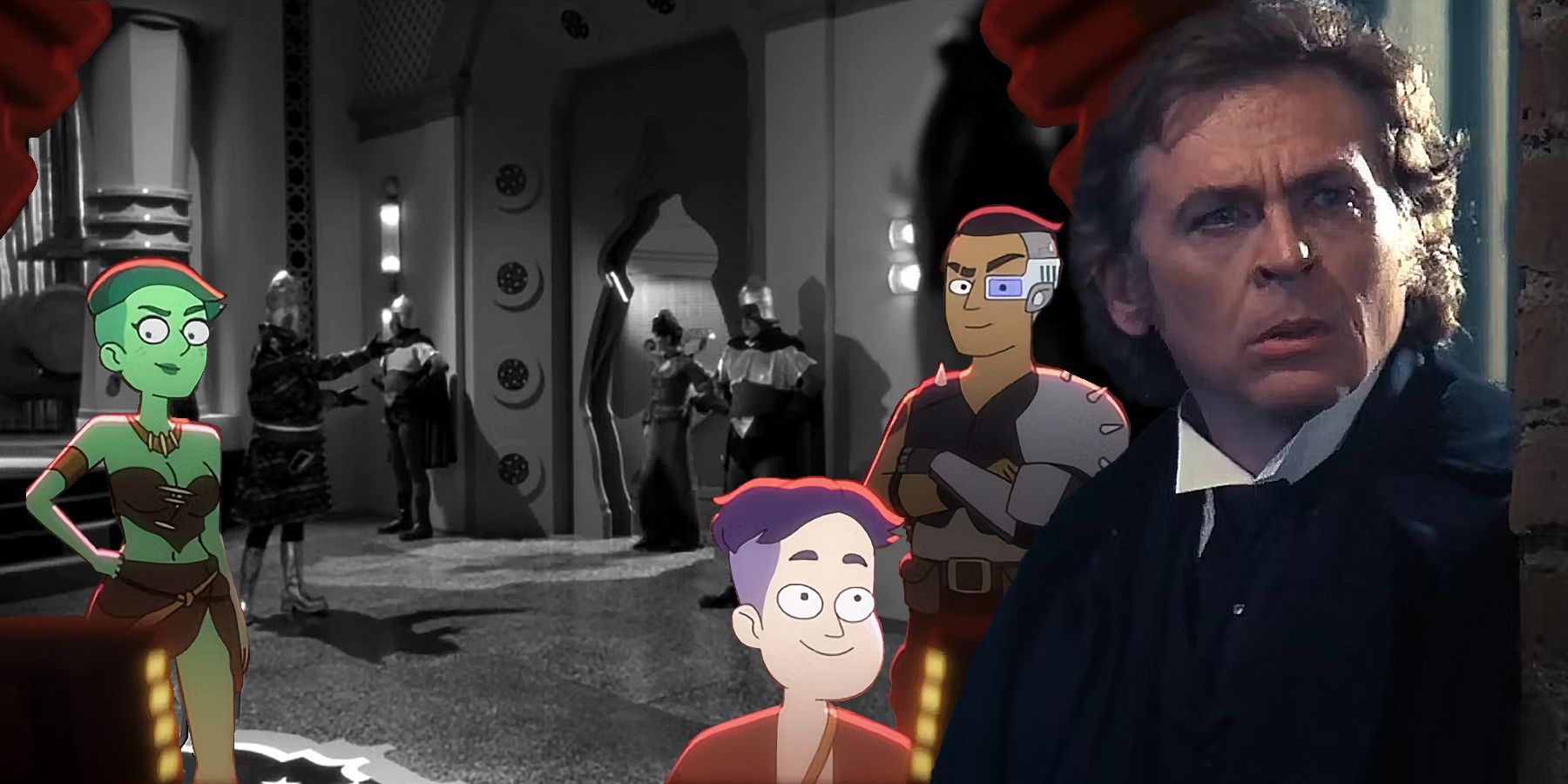
Star Trek: 8 Best Holodeck Creations Ever
The holodeck is a fascinating aspect of the Star Trek universe. These creations demonstrate its potential as both a technology and a narrative tool.
The captain's dressing-down of Wesley demonstrates the Starfleet legend's rigid moral compass. Picard knows from experience that Wesley is capable of great things, and his speech to the disgraced cadet is as much an encouragement for Wesley to do better as it is a chastisement.
3 "It is possible to commit no mistakes and still lose."
"Peak Performance" (Season 2, Episode 21)
- "Commander, it is possible to commit no mistakes and still lose. That is not a weakness. That is life."
Data is one of The Next Generation's most memorable characters, but the android genius is not without his faults. Data is shocked when he loses a game despite making all the correct moves and starts to doubt his capabilities. Luckily, Picard is on hand to deliver the pep talk needed to get Data back in the game.
Picard may be brusque with his crew, and his orders can be demanding. However, as demonstrated in "Peak Performance," he knows the importance of forcing them past their insecurities. It's this mindset that makes Picard one of Starfleet's most legendary captains.
4 "We're out here to explore, to make contact with other life forms..."
"Galaxy's Child" (Season 4, Episode 16)
- "We're out here to explore, to make contact with other life forms, to establish peaceful relations, but not to interfere, and absolutely not to destroy—and yet look at what we have just done."
Gene Roddenberry's futuristic Federation may be full of humans who have left behind greed and selfishness, but his heroes are not immune from making mistakes. "Galaxy's Child" sees the Enterprise apparently kill a large space organism, horrifying Picard, who had no intention of doing so.
Picard's response to the apparent accident is to reiterate the founding principles of Starfleet—in other words, to boldly go where no one has gone before. However, the captain also stresses that this must be done responsibly to prevent all possible harm.
5 "Let's make sure that history never forgets the name... Enterprise."
"Yesterday's Enterprise" (Season 3, Episode 15)
- "Attention all hands. As you know, we could outrun the Klingon vessels, but we must protect the Enterprise-C until she enters the temporal rift. And we must succeed. Let's make sure history never forgets the name... Enterprise."
"Yesterday's Enterprise" depicts a version of the future in which the Federation and the Klingon Empire are fighting a devastating war. However, the shock arrival of the Enterprise-C through a temporal rift has the potential to change history for the better.
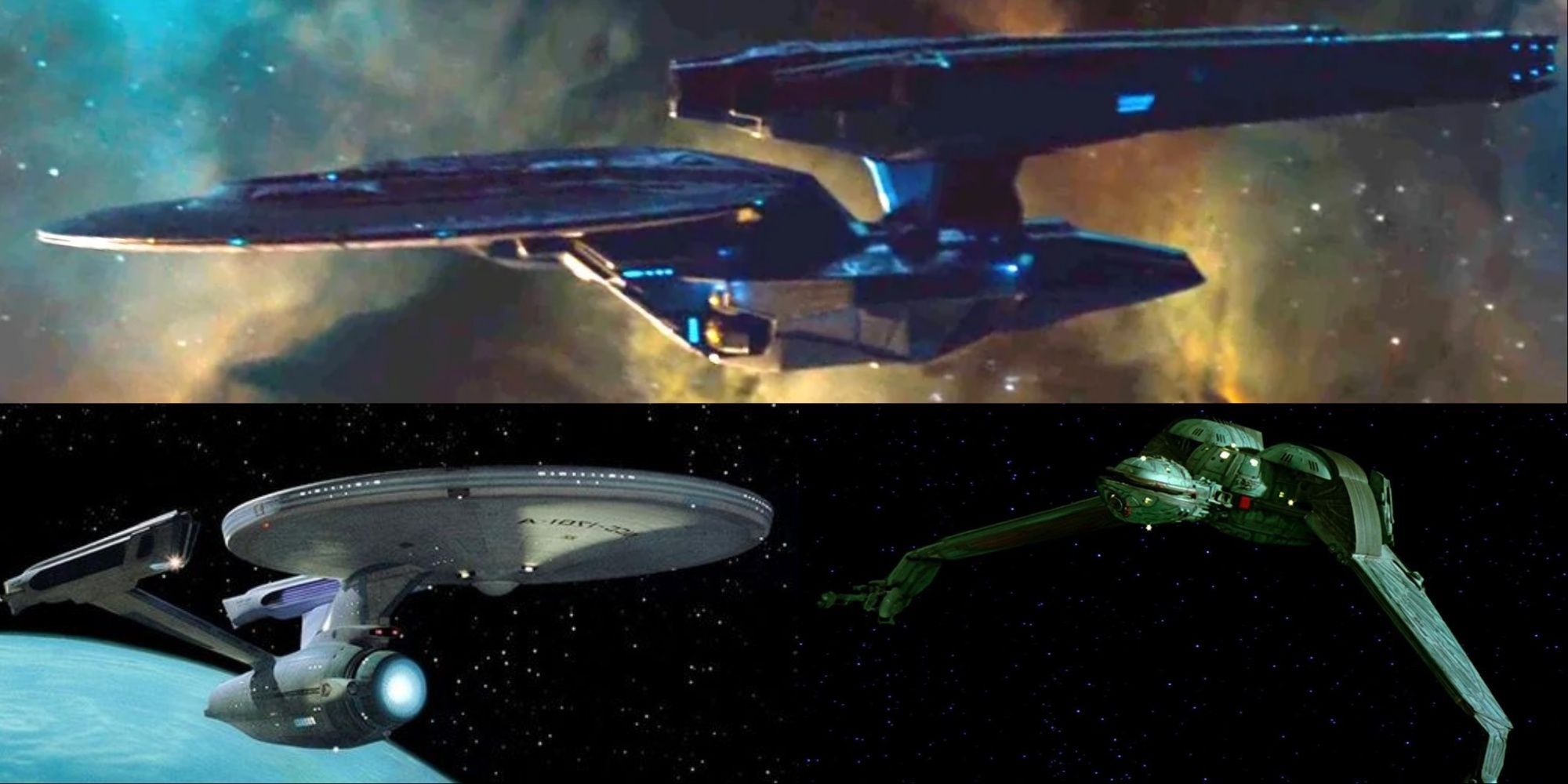
Star Trek: 7 Destroyed Starships
These starships were among the many to have been destroyed in the space-themed world of Star Trek.
Picard's words show that, even in a darker timeline, he still maintains his sense of gravitas and duty. He is willing to sacrifice the Enterprise-D so that its precursor can travel safely back in time, thus averting the war. Even in the most desperate of times, Picard maintains his integrity.
6 "The first time any man's freedom is trodden on, we're all damaged."
"The Drumhead" (Season 4, Episode 21)
- "You know, there are some words I've known since I was a schoolboy: 'With the first link, the chain is forged. The first censured, the first thought forbidden, the first freedom denied, chains us all irrevocably.' Those words were uttered by Judge Aaron Satie, as wisdom and warning. The first time any man's freedom is trodden on, we're all damaged."
The courtroom episode is a classic Star Trek trope, and "The Drumhead" is one of its best. Picard must defend a young crewman who is suspected of sabotaging the Enterprise. However, the prosecutor, Norah Satie, doubts Picard's intentions.
When Picard quotes Satie's father, he not only exposes the hollowness of the trial but also exposes Satie herself. She is pursuing a vendetta, rather than the law, and the trial falls apart.
7 "Let's see what's out there."
"Encounter At Farpoint" (Season 1, Episode 1)
- "PICARD: Some problem, Riker?
- RIKER: Just hoping this isn't the usual way our missions will go, sir.
- PICARD: Oh, no, Number One. I'm sure most will be much more interesting. Let's see what's out there. Engage."
While "Encounter At Farpoint" is not without its issues, the pilot does offer one of Captain Picard's most iconic lines. "Let's see what's out there" encapsulates the show's philosophy in a concise package, and the mindset would come to define the next seven years of The Next Generation.
Yet the performance is just as important as the dialogue itself. Stewart's awed delivery makes this line what it is: a mission statement for the entire golden age of the Star Trek franchise.
8 "And that is what it is, to be human. To make yourself more than you are."
Star Trek: Nemesis
- "Buried deep within you, beneath all the years of pain and anger there is something that has never been nurtured. The potential to make yourself a better man—and that is what it is, to be human. To make yourself more than you are. Oh, yes, I know you. There was a time you looked at the stars and dreamed of what might be."
Star Trek: Nemesis is disliked by fans and critics alike, but it does feature some notable confrontations between Picard and his clone, Shinzon. Picard believes that Shinzon can be reformed despite a difficult upbringing, and attempts to convince the former slave of this.
While Picard is unsuccessful, his sentiment rings true. In fact, it sums up everything about the human race in Star Trek: it has matured beyond its baser instincts. Nemesis may not be a classic, but Picard's speech is one of his best.

